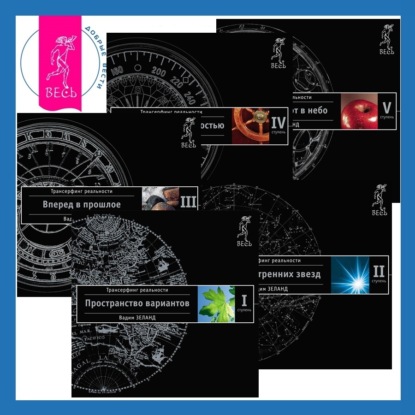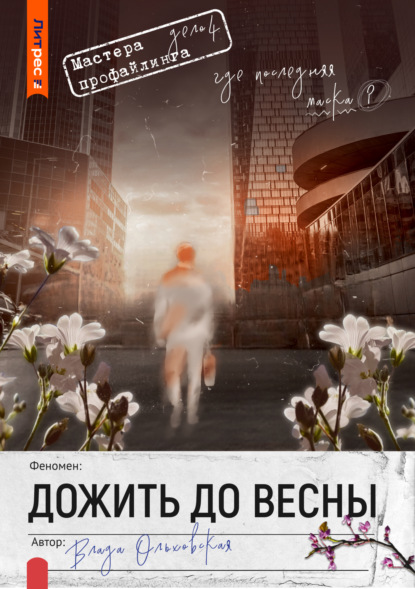Excerpt from Part-Writing: When, and How, to Study It
During the last few years an immense advance has been made in the teaching of almost every branch of knowledge. Only in Music do we cling to the maxims of a time when the disciples of the Art were timidly feeling their way among its most rudimentary principles; and when even the simplest scales, or alphabets of sounds, were yet unsettled.
Prominent, among the many weaknesses and incongruities still preserved in our text-books and embalmed in examination papers, are the oft-exploded theories concerning, the supposed derivation of our key-systems by dissection of the parts of a so-called "generating sound"; and the classification of grouped pulsations after the manner (often extremely whimsical) of their notation, rather than in accordance with their rhythmic effect.
But the most obstinate of the prejudices whereby advance is retarded is that which, while forced to acknowledge the great progress made in the later years in that science which embraces everything belonging to the analysis and to any kind of association of sounds, would subject that progress to the rule not of the makers of, but the mere theorisers about, music at a time when its construction was a matter of calculation rather than of inspiration, and bore far more resemblance to the working-out of an arithmetical sum than to any attempt at poetic expression.
And the funniest point of it is that this persistent looking back shows, after all, only a half-hearted, sceptical kind of antiquarianism. No one (however conservative his temperament) has any hope of bringing back the delight in Greek scales; or of being able to revive Diaphony and the chaste Descant of pastoral simplicity ; or of renewing the fascination of the Organum, of which the only even faintly plausible idea yet propounded is that, at a time when musical knowledge was in the vaguest rudimentary state, people were so enchanted by a discovery of the consonance and reinforcing power of perfect fifths that, like excited children, they literally rolled and revelled and rollicked in long consecutions of them. The timid theorist of today sighs only for a kind of medieval obscurity; longs to return to a bctwixt-and-bctwccn sort of age, neither one thing nor another; yearning after the worn-out skeleton of an exhausted system. He might, just as well, contend that our choristers ought to be attired in the scarecrow habiliments of the cboir-boys of the fifteenth century as that the strains they sing should perpetuate the school of passionless, harmonic angularity which, in days long gone by, matched well enough the ridiculous posturings of the saints painted over the chanters' heads.
About the Publisher
Forgotten Books publishes hundreds of thousands of rare and classic books. Find more at www.forgottenbooks.com
This book is a reproduction of an important historical work. Forgotten Books uses state-of-the-art technology to digitally reconstruct the work, preserving the original format whilst repairing imperfections present in the aged copy. In rare cases, an imperfection in the original, such as a blemish or missing page, may be replicated in our edition. We do, however, repair the vast majority of imperfections successfully; any imperfections that remain are intentionally left to preserve the state of such historical works. Это и многое другое вы найдете в книге Part-Writing















